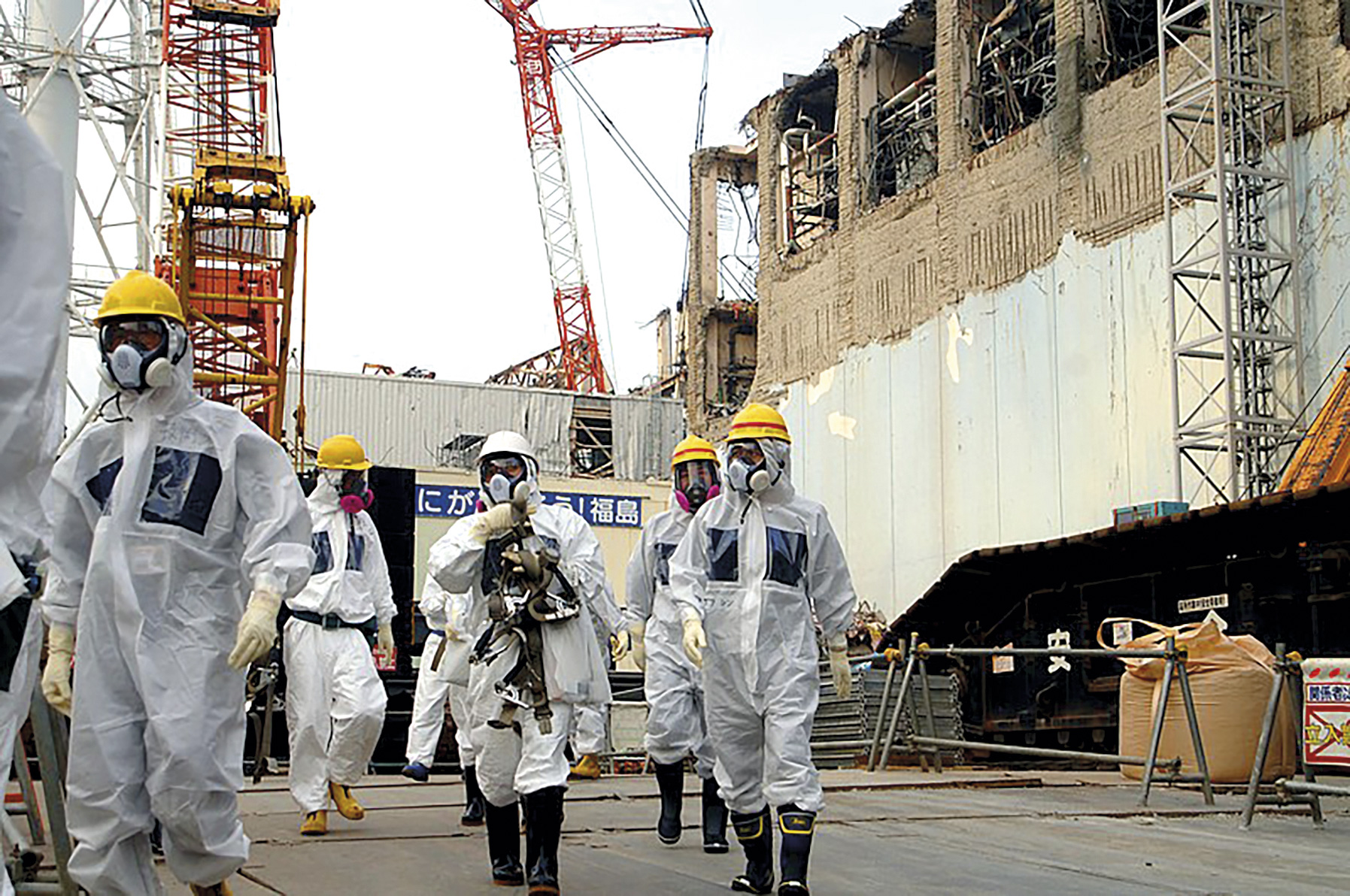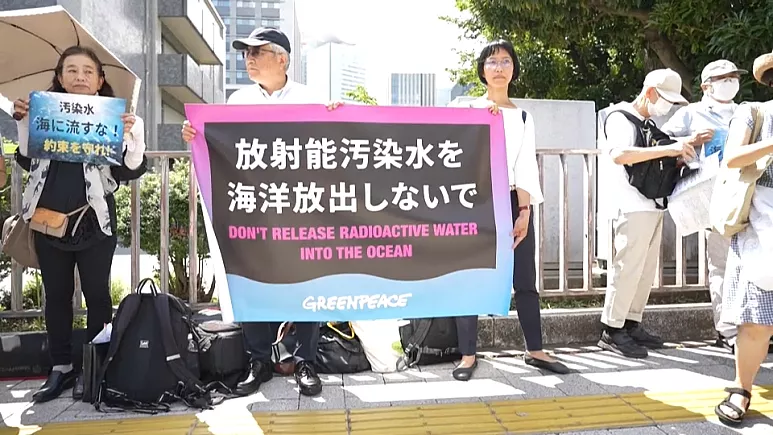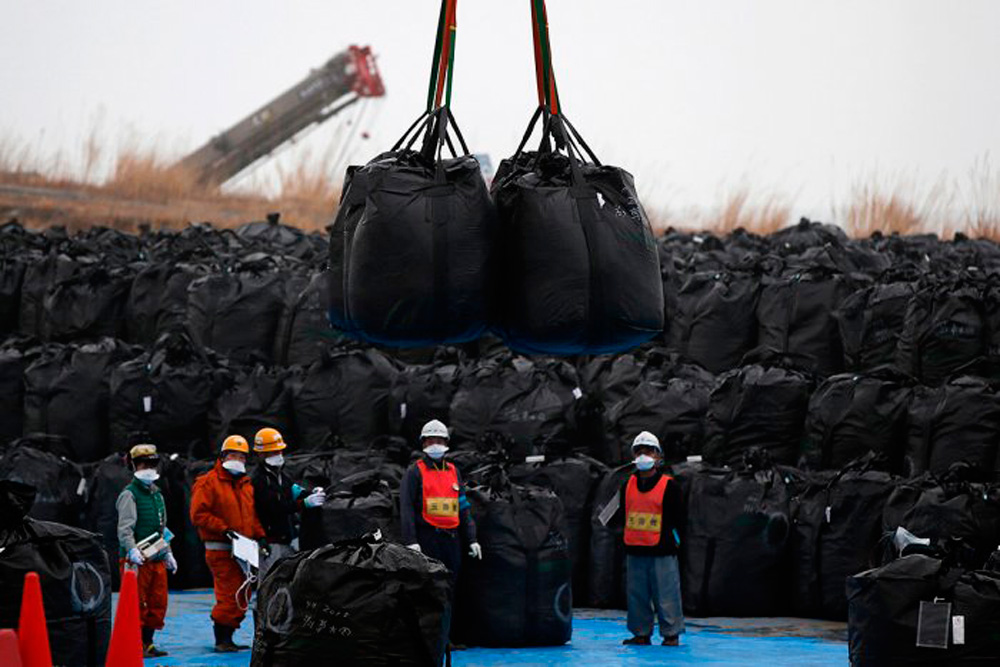Fukushima 2011-2021: The top 10 lessons intended to spread popular Japanese movements
- This 11th of March marks the 10th anniversary of the breakdown of the four reactors of the Fukushima Atomic Plant, Daiichi, which were first shaken by the earthquake and then by the tsunami. The coalition of various Japanese institutions, researchers and grass-roots movements has disseminated a booklet with 10 major lessons learned from the accident and the consequences it has left behind for years.

On 11 March the world will remember in a number of ways the world’s toughest nuclear accident since Chernobyl to date. In addition to celebrations, tributes and public gatherings that will limit COVID-19 around the world, the coalition From Fukushima to the World, which brings together various Japanese institutions, scientists and popular movements, has compiled in a leaflet 10 major lessons that the accident has shown for all citizens. The booklet is available on the Internet (PDF format), in addition to Japanese, in English, French, Spanish and other languages, translated by volunteers from all over the world.
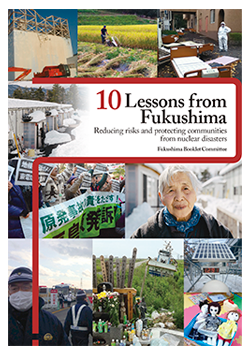
Following an introduction that explains what nuclear energy and radioactivity are, Fukushima brings together ten great lessons that everyone should learn, as the titles explain:
1- Don’t be fooled by the propaganda that says “Nuclear power is safe.”
2- In case of emergency, evasion is a basic priority.
3- It is vital to be able to access the information and to record the previous state of things.
4- Persons affected by the disaster have the right to access medical examinations and information.
5- In order to ensure food security and protect agriculture, forestry and fisheries, citizens should be involved in radiation measurements. The dissemination of this information is also inevitable.
6- Total decontamination cannot be achieved.
7- If better services and health care are not provided to workers, the consequences of the accident cannot be controlled.
8- The reconstruction of the social network in the villages affected by the disaster is mandatory.
9- The design of legislation on the rights and protection of persons should involve the persons concerned.
10- The cost of compensation for the Fukushima accident is borne by all taxpayers.
The summary of this last point denounces why large companies and public authorities that promote projects that they have not experienced with the Fukushima disaster and continue in the same direction around the world and endanger the health of the population and the environment:
Governments and private corporations often extol the virtues of nuclear power, saying that “it will benefit the local economy” or that “it will get cheaper electricity.” However, the calculations that reflect conceal the accident costs, compensation and management costs of the same disasters. As for Fukushima, after these years, the damage remains alive, increasing and not all its consequences have appeared. It is impossible to put a figure at the total cost of the damage. On the contrary, the company TEPCO, which is responsible for the disaster, has not only not gone bankrupt, but is still working normally. TEPCO, the cause of the accident, is still alive thanks to the large capital injections, which are the taxes paid by its victims, the citizens of Japan. Governments give money for the construction and implementation of nuclear power plants and in the event of accidents the government itself guarantees the financial security of the companies that are managers. This framework, which enshrines nuclear energy as a national policy, is not shelved at its real cost. The conclusion is that the burden of damage finally produced extends to the victims and to the general public.
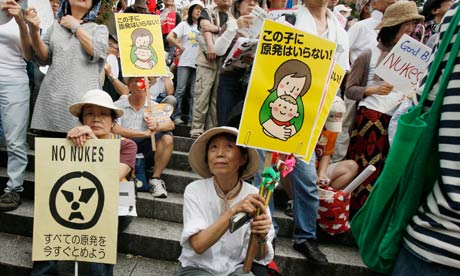
The Fukushima nuclear power plant exploded on 11 March 2011. The images that were broadcast on television perpetuated the moment of the explosion and the subsequent white cloud in the sky. In the news of the coming days and months Fukushima had special relevance, but the speed... [+]









